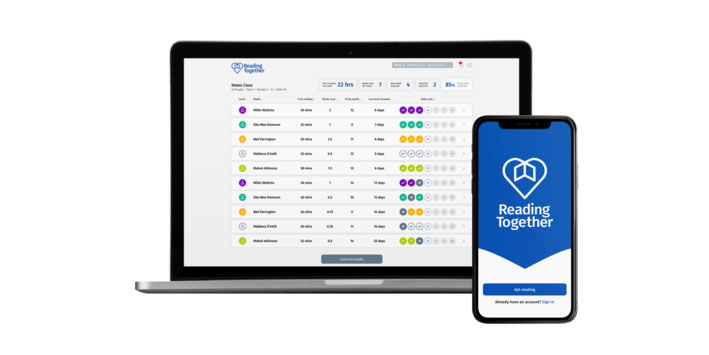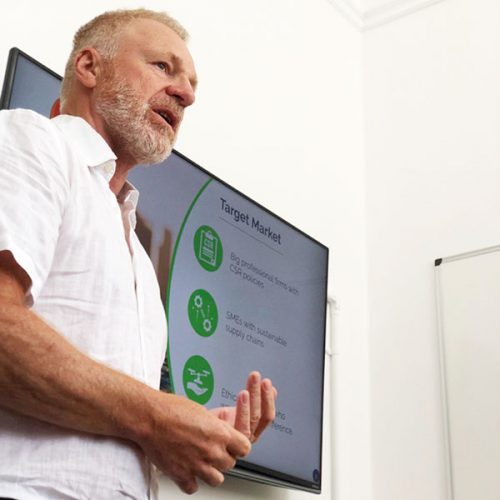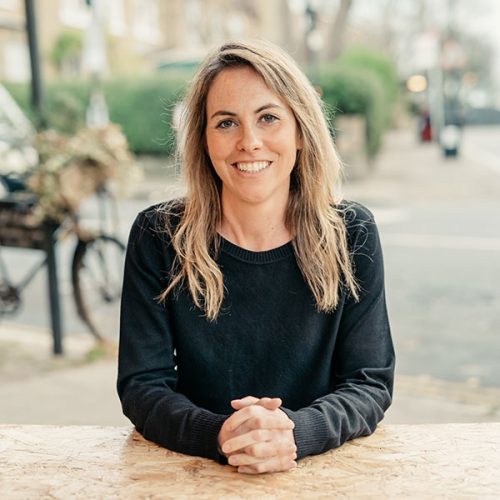Until more recently, education tech (EdTech) hasn’t always been taken seriously by the startup and investment community. Past misconceptions around complex regulations and government control has meant investments were smaller and fewer and further between when compared with EdTech’s trendier counterparts such as AI and FinTech.
Roll onto the last couple of years however, with increasing jobs requiring life-long learning and schools on tighter and tighter budgets, EdTech has become a booming market with huge space and potential for aspiring founders to make their mark.
In 2020, global education spend is expected to be over $8 trillion dollars
In a recent video, Jan Lynn-Matern, Seed Investor and Founder at Emerge Education, shared some tips on overcoming investor biases around education startups, stating:
“In 2020, global education spend is expected to be over $8 trillion dollars. To put that into perspective, global digital advertising was only £266 billion in 2018, i.e. less than 4% of that. In addition, only 3% of education has been digitised which is a massive opportunity.
“Today, global mobile and internet penetration means we can reach consumers directly through mobile and web channels on an unprecedented scale – and that means we don’t have to go through governments and institution level sales in order to grow our EdTech companies.”
To celebrate the start of the new school year and a thriving EdTech community, we’ve selected six tech startups in the early to mid-stages of growth that have real potential to change education for the better.
Kinderly
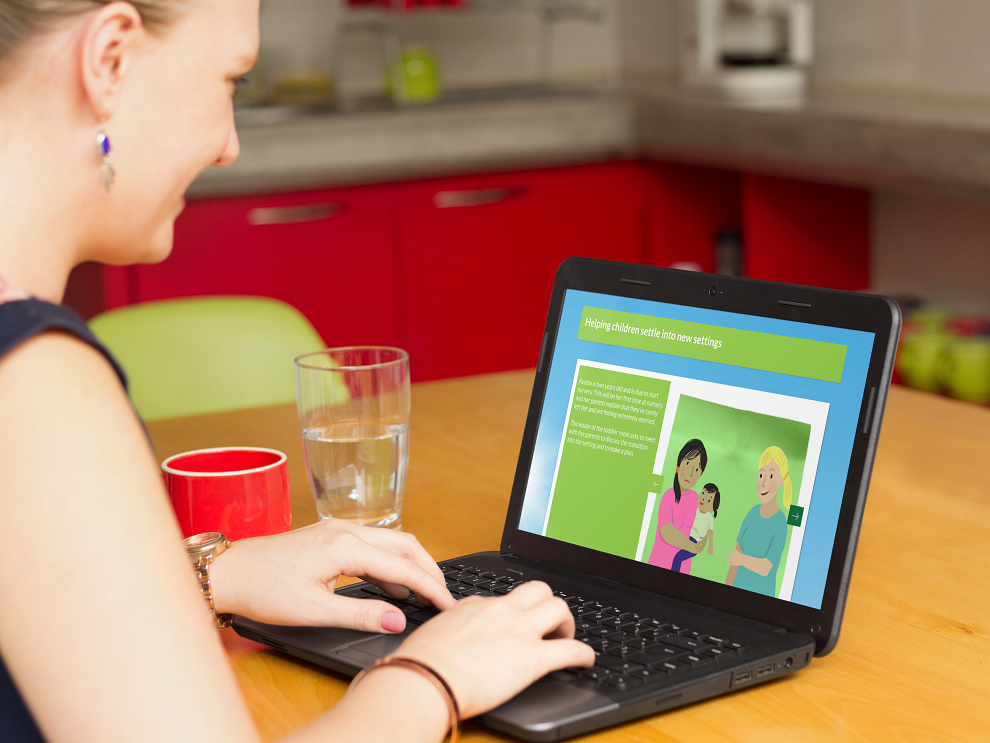 Kinderly was founded out of a father’s desire to be more involved in his children’s early years development. From that all too familiar feeling many parents have experienced when their child’s response to ‘what did you do today?’ is ‘I dunno’ – or when the child is too young to really explain what they’ve learned in the first place – Kinderly Together was born.
Kinderly was founded out of a father’s desire to be more involved in his children’s early years development. From that all too familiar feeling many parents have experienced when their child’s response to ‘what did you do today?’ is ‘I dunno’ – or when the child is too young to really explain what they’ve learned in the first place – Kinderly Together was born.
The early-years platform makes it quick and easy for the childcare setting to capture a child’s EYFS development milestones and share these incredible moments along with daily activities with parents. With resources and tools at the click of a button, childcare practitioners can spend more time with the children and parents are more engaged with their learning.
Kinderly has not stopped there though. Earlier this year the team released a brand new platform ‘Kinderly Learn’ which is plugging the gap in early-years professional development by making the use of training and career-enhancing opportunities much more accessible.
Reading Together
Learning to read, and learning to read well, is one of the most important milestones of a child’s development, setting them up for a future in which access to opportunities and further education is dramatically enhanced.
Yet the process of tracking a child’s reading development in the UK is still done completely offline with reading log books – leaving parents feeling disconnected to their child’s learning, decreasing overall efficiency and adding time to teacher’s already packed school day.
Reading Together is solving this with its web-based teacher programme and parental smartphone app designed to revolutionise early years reading.
With its beta launch and trials starting this month, Reading Together will be partnering with schools to allow teachers to effectively track and monitor a child’s reading progress and to allow parents to become more engaged in their child’s development.
Reading Together will also enable the collection of data on the progress of schools, encourage reading and learning outside of school and save both time and money for a cash-strapped education system.
Giki
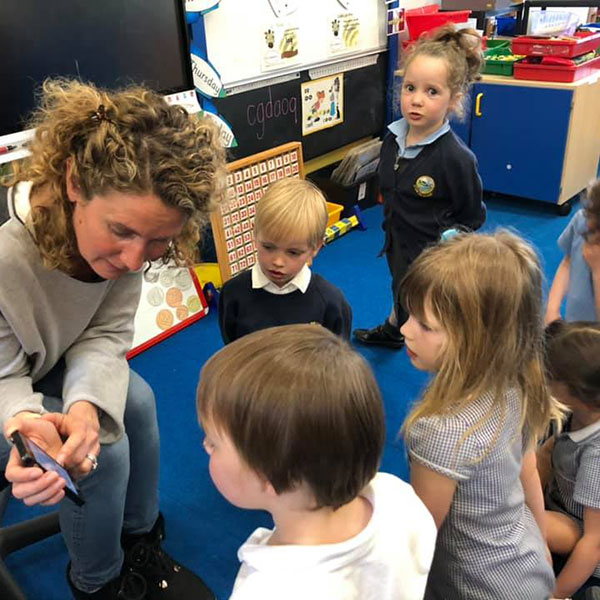 Although not an EdTech company per se, Giki’s sustainable shopping app has been playing an important part in educating children (and adults) on health and the environment in schools up and down the country.
Although not an EdTech company per se, Giki’s sustainable shopping app has been playing an important part in educating children (and adults) on health and the environment in schools up and down the country.
The Giki Badges app itself allows users to scan the barcode of thousands of supermarket items from soap to sausages, returning a selection of badges that provide an at-a-glance view on if the product is healthy, sustainable, ethical and more.
Earlier this year, the startup’s co-founder Jo began speaking about ever-pervasive issues such as the effects of palm oil production on deforestation and plastic pollution with primary-aged children.
Following an increase in demand and driven by its roots as a social enterprise, Giki created Eco Tools for Schools – an online community and set of resources teachers and parents can use to educate young children on these issues.
They’ve since been used in educational facilities and schools across the country and are available online completely for free.
Fledglink
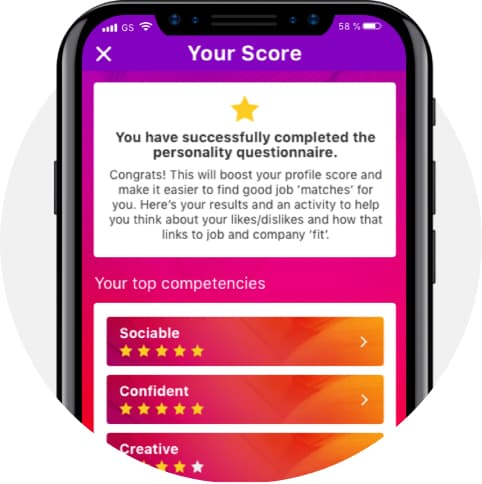 Most assume education is all about what you learn at school, college and university – but for many young people, the real learning starts when they leave structured education and enter the workplace.
Most assume education is all about what you learn at school, college and university – but for many young people, the real learning starts when they leave structured education and enter the workplace.
Knowing what you want to do, where you want to go in your career and what you value is tough when you’re just starting out.
Fledglink helps young people aged 16-24 with an engaging app designed to help them figure out their talents, strengths and values – connecting them with businesses, training, opportunities and jobs that are right for their personality and goals.
- You might like: Fledglink to support UK’s largest youth consultation
Developing Experts
In the world of education, teachers have the toughest job of all. To teach and inspire but also to mark work, write lesson plans and multitask a multitude of things all at once.
Luckily, at least for the science teachers (and home educators) out there, Developing Experts has developed a platform that provides over 700 engaging science lessons and exciting experiments to inspire future generations to explore STEM careers.
The lesson plans include engaging video content, slide shows, activities and assessments mapped against the UK’s National Curriculum for ages 4 to 14 year olds saving time for teachers whilst re-thinking the way in which science is taught to young people for the better.
Doodlemaths
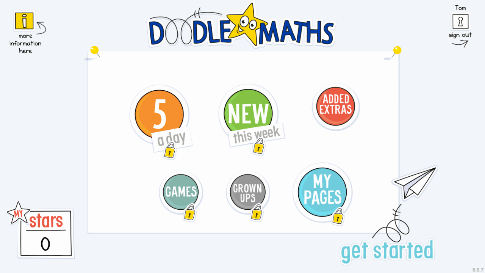 Maths is most commonly the subject that adults will look back on with feelings of dread. It’s a subject some children find really tricky to engage with and enjoy.
Maths is most commonly the subject that adults will look back on with feelings of dread. It’s a subject some children find really tricky to engage with and enjoy.
Doodlemaths is solving this with its digital platform that builds maths confidence in children with a programme tailored to their strengths and weaknesses. The Doodlemaths app identifies each child’s unique Zone of Proximal Development (ZPD) – the narrow gap between what they can do with and without help – zoning in on what they can learn independently to develop their maths skills and confidence at the fastest rate – whilst still having lots of fun.
Co-founder team Tom Minor and Nicola Chilman have even written a paper on ‘why technology has failed to raise educational attainment and how a new breed of EdTech is rising to the challenge’ which is worth a read if this is an area that interests you.
If you’d like to discuss your startup or project, get in touch with Simpleweb today.
